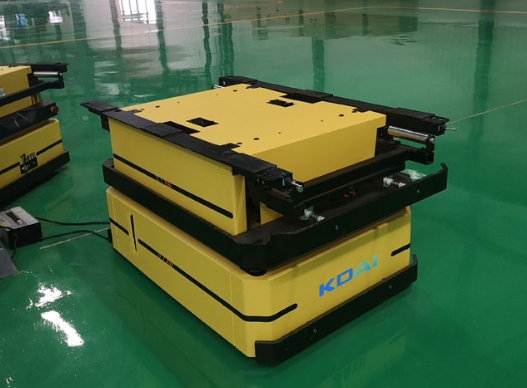
The global shift towards green energy has become imperative in combating the adverse effects of climate change. In this context, energy-efficient technologies are emerging as viable options to reduce carbon footprints. One such technology is the RV (recreational vehicle) reducer, which holds the potential to revolutionize green energy saving. This essay will delve into the positive impacts of RV reducers on energy conservation, exploring their mechanism, benefits, and broader environmental implications. Understanding how RV reducers contribute to green energy saving is crucial for a college student seeking to embrace sustainable practices.
1: Explaining the RV Reducer and its Mechanism
An RV reducer is a device designed to maximize the efficiency and fuel economization of recreational vehicles. It works by reducing the overall rotational speed of the engine, resulting in a reduced consumption of fuel. The RV reducer achieves this by applying a gear reduction mechanism, which enables the engine to operate at optimal speeds while minimizing energy wastage. By reducing the rotational speed, the engine's workload is reduced, leading to decreased fuel consumption during vehicle operation. This mechanism ensures that energy is effectively utilized while diminishing emissions associated with traditional fossil fuel-powered transportation.
2: Benefits of RV Reducers
The implementation of RV reducers in green energy saving offers several notable benefits. Firstly, reduced fuel consumption directly translates into cost savings for users, making RV travel more affordable and accessible. Moreover, the adoption of RV reducers facilitates a significant decrease in carbon dioxide emissions, a major contributor to climate change. This reduction complements existing green initiatives aimed at minimizing pollution and advancing a cleaner environment. Additionally, the extended lifespan of RV engines resulting from reduced rotational speeds leads to decreased maintenance costs. This aspect offers substantial economic benefits to RV owners and supports the overall sustainability of the technology.
3: Broader Environmental Implications
The utilization of RV reducers bears far-reaching implications beyond individual energy savings. The aggregate reduction in fuel consumption made possible by widespread adoption of RV reducers leads to a decreased demand for fossil fuels. Consequently, this reduction in demand could potentially curb greenhouse gas emissions, mitigate climate change impacts, and enhance global energy security. Moreover, by promoting sustainable modes of transportation, RV reducers support the transition towards a sustainable, low-carbon society. As such, they contribute to achieving the Sustainable Development Goals (SDGs) outlined by the United Nations, particularly SDG 7 (Affordable and Clean Energy) and SDG 13 (Climate Action).
The innovative use of RV reducers to enhance green energy saving represents a significant milestone in the pursuit of sustainable practices. By optimizing the rotational speed of recreational vehicle engines, RV reducers significantly reduce fuel consumption and emissions, while simultaneously benefiting users economically. Furthermore, the broader environmental implications of implementing RV reducers support global efforts to mitigate climate change and transition towards a cleaner and more sustainable energy future. College students should acknowledge the significance of this technology, striving to promote and adopt such energy-efficient solutions in their personal lives and professional endeavors to contribute towards a greener planet.
 English
English Deutsch
Deutsch Русский
Русский Español
Español

















Quote Now